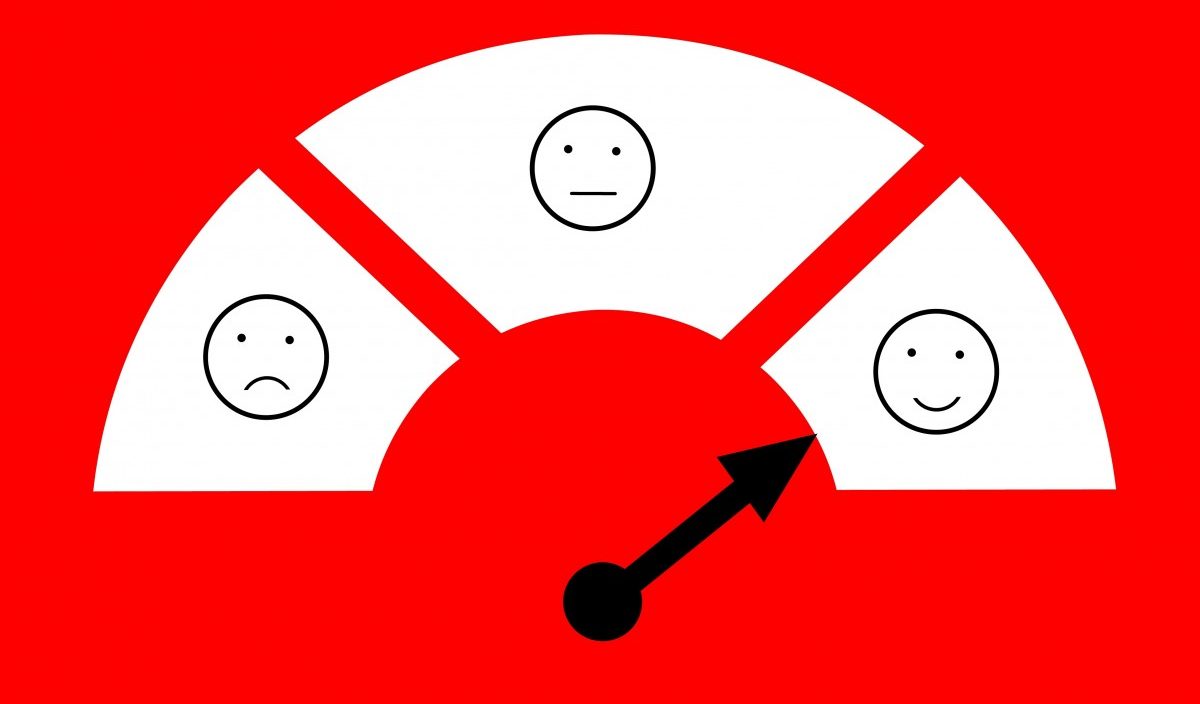Emotional intelligence (EQ) has long been considered an essential skill for leaders. Harvard Business School, for instance, notes that “emotional intelligence is one of the most sought-after interpersonal skills in the workplace. In fact, 71 percent of employers value emotional intelligence over technical skills when evaluating perspective candidates.” EQ is credited with allowing a leader to communicate effectively, to build strong relationships and, most importantly, to enable teams to build achievable common goals. But increasingly your ability to harness your EQ may be the make-or-break component in your team’s morale as well.

Consider this: A healthy work environment and positive morale are essential components that work together collectively. Positive morale is hard to qualify, however. It raises questions about a staff’s collective purpose as well as their independent well-being. In other words, team morale requires a manager to maintain a tricky balance between the individual and the group. Yet, the old adage remains true that you will know it when you see it. Or, for the sake of this argument: Look around you.
Is conflict — such as petty arguments — on the rise? Are staff calling out more frequently? Maybe you’ve noticed that work is slacking off or assignments are no longer being completed on time. When morale is low, employees may feel poorly about their efforts or the organization. Many factors can contribute to low morale, including but not limited to dissatisfaction with tasks assigned, tension with a colleague, personal conflict or even boredom. Morale is malleable, however, and it’s imperative to find out the cause, either because you have observed burnout effects yourself or had a staff member tell you as a manager that they are dispirited.
Arguably, here is where EQ may provide the crucial turning point. Individual meetings with staff members are important to determine the nature of the problem. Make sure you’re starting with a reasonable plan, with enough flexibility to reassess as you move forward. If several staff members are experiencing the same issues, attempting to find a solution within agency guidelines is a positive step. But if that solution is not available, holding a staff meeting to brainstorm is often a responsible and demonstrably receptive step in what could be a mediation process.
If you have one staff member whose state of mind is low, a series of non-derogatory meetings can be helpful. Many online sites offer coaching guidelines for performance issues related to morale. Be it a malcontent, pessimist or know-it-all — everyone can name a time when being around a difficult person seemed to suck the very air out of the room. An empathetic and caring approach is essential in order to establish the trust needed to guide the individual away from the performance issues in question.
External factors such as the political environment, economy or even marginalization of particular populations can also affect the group. Negativity can be contagious and stressful for both staff and managers. But maintaining well-defined boundaries for yourself as a manager (basic essentials such as a healthy diet, adequate sleep and participation in activities you enjoy) will enhance your mental and physical balance and thus your coping mechanisms.
Personalities, of course, vary immensely, and thus knowing how all your staff members perceive your style as a manager, as well as acknowledging both your and their strengths and weaknesses, is immensely valuable. But this piece is also a critical reminder that emotional intelligence is also a journey within. If all this methodology has failed and you still perceive issues within your team, then perhaps it is time to do some self-assessment.
Perhaps you are displaying a lack of trust or unrealistic expectations — maybe the issue is even deeper. Difficult as this may be, focusing on specific actions, such as starting by exhibiting a positive outlook, may end up exemplifying a much-needed change that is observable to both you and your staff. The best way to create positive change is to start with obtainable steps that anyone can achieve.
Erin Farquhar is a Branch Manager for DC Public Libraries in Washington, D.C. Erin holds a bachelor’s and a master’s degree in English Literature and Folklore, as well as a MLIS. She has worked in quite a few of DC’s wards, and enjoys working with the varied communities and rich cultural heritage she serves.
Erin has stated, “Now, as a manager within this infrastructure I look to further develop the practices of strategic thinking and plan implementation. As libraries continue to develop their social role in order to build strong vibrant communities, I would like to mirror this direction in order to help shape the ideas and perspectives that are central to an innovative society. Any metamorphosis can be a slow process, but a caring workforce reflects the commitment of all its employees.





Leave a Reply
You must be logged in to post a comment.